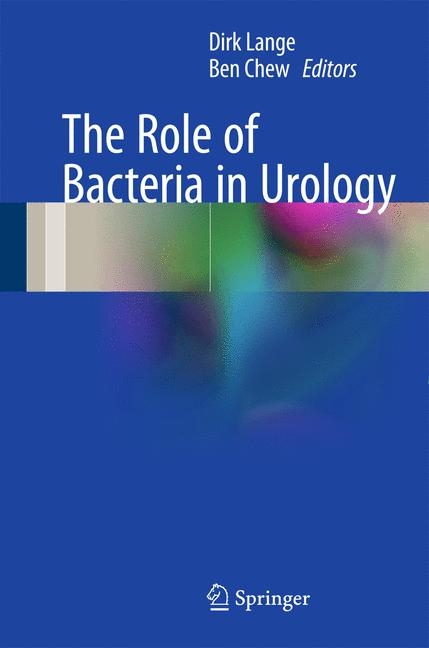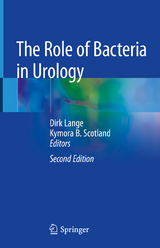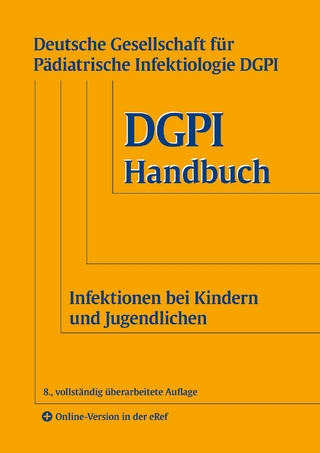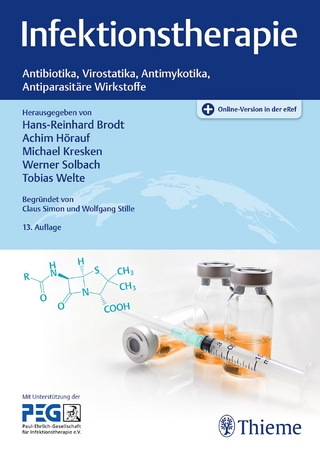
The Role of Bacteria in Urology
Springer International Publishing (Verlag)
9783319177311 (ISBN)
- Titel erscheint in neuer Auflage
- Artikel merken
Dr. Dirk Lange is a microbiologist who earned his Ph.D. in Microbiology and Immunology from the University of Western Ontario (London, Ontario) on understanding the role of the capsular polysaccharide in the pathogenesis of Campylobacter jejuni.Dr. Lange completed his post-doctoral fellowship at The Stone Centre at VGH with Dr. Ben Chew, where he contributed significantly to the area of urinary biomaterial design, providing a basic science perspective to understanding ureteral stent related morbidity. Due to his significant contributions to the research program at the Stone Centre, Dr. Lange was recruited to the Department of Urologic Sciences as an Assistant Professor in 2011, and is also the Director of Basic Science Research at the Stone Centre.Dr. Ben Chew specializes in the surgical and medical treatment of kidney stone disease. Dr. Chew’s research focuses on how kidney stones form and in particular how we absorb certain compounds and minerals through the intestinal tract. By altering how we absorb compounds, his research hopes to be able to change a patient’s risk factors for developing more stones. In 2017, Dr. Chew will be the Co-President of the World Congress of Endourology international meeting to be held in Vancouver, BC. He teaches other urologists internationally with lectures and hands-on laboratories as part of an initiative, The Stone Institute, to help improve the care of patients all over the world.
1. Bacteria in the Genitourinary Tract.- 2. Overview of Urinary Tract Infections.- 3. Pathogenic Mechanisms of Uropathogens.- 4. Urosepsis- Pathogenesis and Treatment.- 5. Struvite Stone Formation by Ureolytic Biofilm Infections.- 6. The Management of Infection Stones.- 7. The Use of Bacteria to Treat Recurrent Calcium Oxalate Kidney Stone Disease.- 8. Role of Oxalobacter Formigenes Colonization in Calcium Oxalate Kidney Stone Disease.- 9. BCG for the Treatment of Non-Muscle Invasive Bladder Cancer.
| Erscheint lt. Verlag | 30.9.2015 |
|---|---|
| Zusatzinfo | IX, 102 p. 7 illus., 4 illus. in color. |
| Verlagsort | Cham |
| Sprache | englisch |
| Maße | 155 x 235 mm |
| Themenwelt | Medizin / Pharmazie ► Medizinische Fachgebiete ► Gynäkologie / Geburtshilfe |
| Studium ► Querschnittsbereiche ► Infektiologie / Immunologie | |
| Schlagworte | bacterial pathogenesis • Bacterial Resistance Mechanisms • Infection • Urinary Tract Infection • Urologic Disease • Urosepsis |
| ISBN-13 | 9783319177311 / 9783319177311 |
| Zustand | Neuware |
| Informationen gemäß Produktsicherheitsverordnung (GPSR) | |
| Haben Sie eine Frage zum Produkt? |
aus dem Bereich



